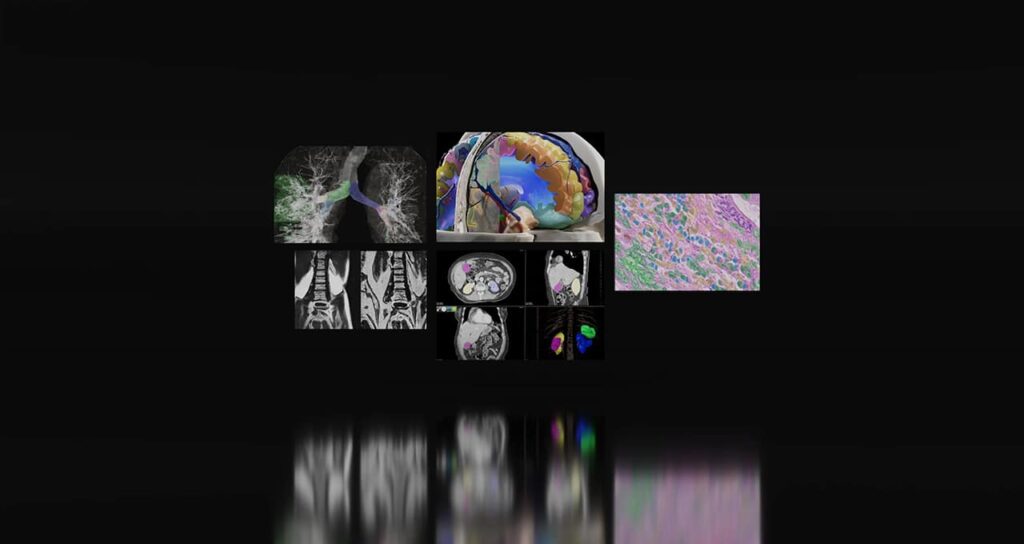
What You Should Know:
– A team of experts from leading U.S. medical centers and research institutions is utilizing NVIDIA-powered federated learning to investigate the impact of this technique and AI-assisted annotation in training AI models for tumor segmentation.
– NVIDIA-powered federated learning aims to overcome data-sharing challenges and accelerate the development of more accurate and generalizable AI models in medical imaging.
Federated Learning: Revolutionizing Data Collaboration
Federated learning is a cutting-edge approach that enables multiple organizations to collaborate on AI model development without compromising data privacy or security. This is crucial in the healthcare sector, where sharing sensitive patient data can be complex and time-consuming.
Traditional data-sharing methods face hurdles due to privacy concerns and data management restrictions. Federated learning bypasses these obstacles by allowing models to be trained on decentralized data, ensuring data remains secure while still enabling the creation of robust AI models.
The SIIM Machine Learning Tools and Research Subcommittee
This project is spearheaded by the Society for Imaging Informatics and Medicine (SIIM) Machine Learning Tools and Research Subcommittee, a group of experts dedicated to advancing AI in medical imaging. NVIDIA, a member of SIIM, has collaborated with the committee on federated learning projects since 2019.
NVIDIA NVFlare Technology
The team utilizes NVIDIA FLARE (NVFlare), an open-source framework for federated learning, along with NVIDIA RTX A5000 GPUs obtained through the NVIDIA Academic Grant Program. This powerful combination enables researchers to set up workstations for federated learning and accelerate the training process.
Study Design and AI-Assisted Annotation
The project focuses on renal cell carcinoma, a type of kidney cancer, with six medical centers providing data from around 50 imaging studies each. Federated learning allows model training by exchanging models rather than sensitive patient data.
In the first phase, the training data was manually labeled. The next phase will explore AI-assisted annotation using NVIDIA MONAI to evaluate how model performance improves with AI-segmented training data. MONAI Label, an image-labeling tool, will help streamline the creation of new datasets.
Upon project completion, the team plans to share their methodology, annotated datasets, and pre-trained model with the wider medical community. This open approach fosters further research and development, accelerating the adoption of AI in medical imaging and ultimately improving patient care.
“Due to privacy and data management constraints, it’s growing more and more complicated to share data from site to site and aggregate it in one place — and imaging AI is developing faster than research institutes can set up data-sharing contracts,” said John Garrett, associate professor of radiology at the University of Wisconsin–Madison. “Adopting federated learning to build and test models at multiple sites at once is the only way, practically speaking, to keep up. It’s an indispensable tool.”
“The biggest struggle with federated learning activities is typically that the data at different sites is not tremendously uniform. People use different imaging equipment, have different protocols and just label their data differently,” Garrett added. “By training the federated learning model a second time with the addition of MONAI, we aim to find if that improves overall annotation accuracy.”
NVIDIA Academic Grant Program
The NVIDIA Academic Grant Program supports academic research by providing computing resources to researchers. Applications are currently open for full-time faculty members at accredited institutions using NVIDIA technology.

